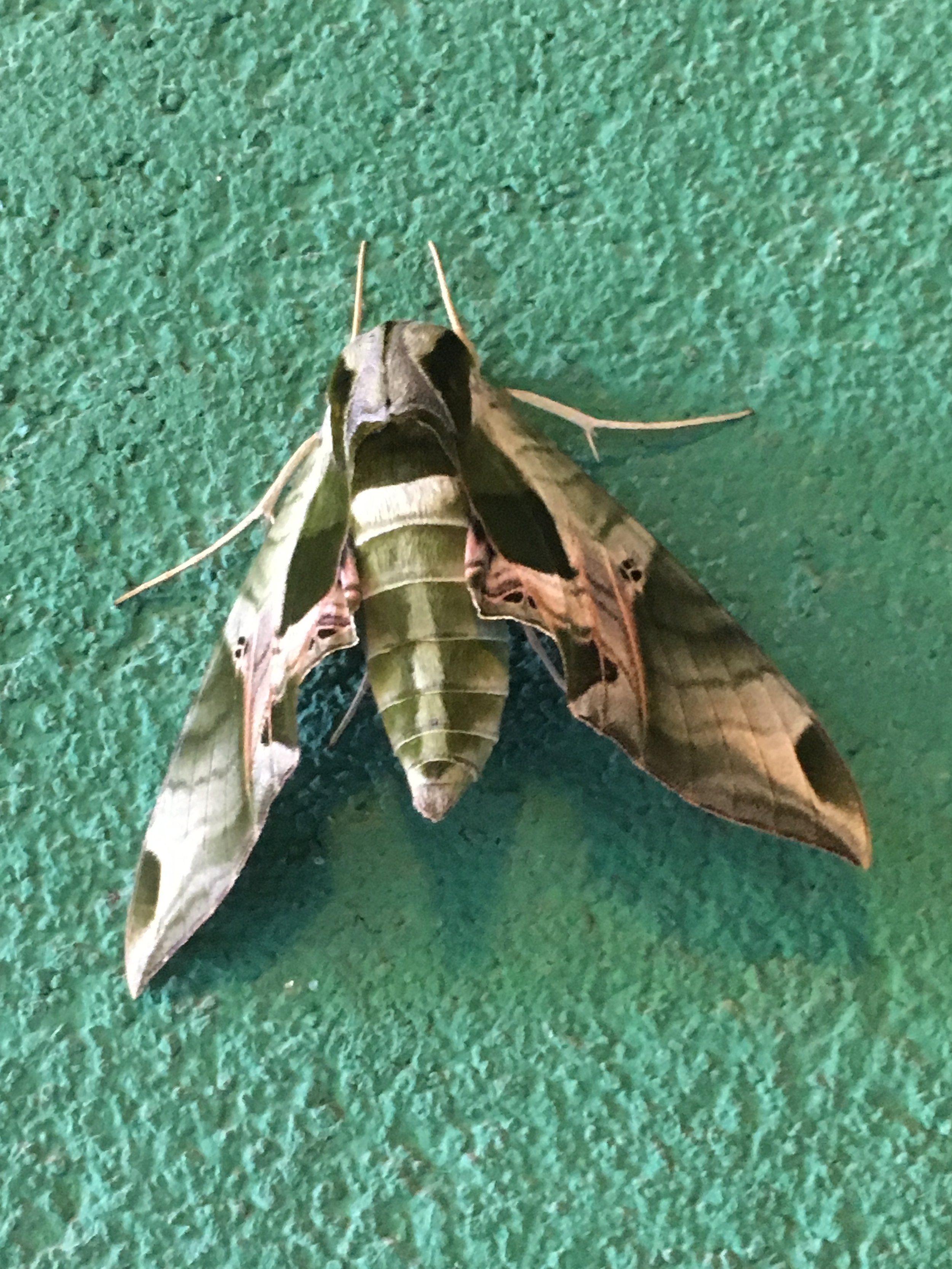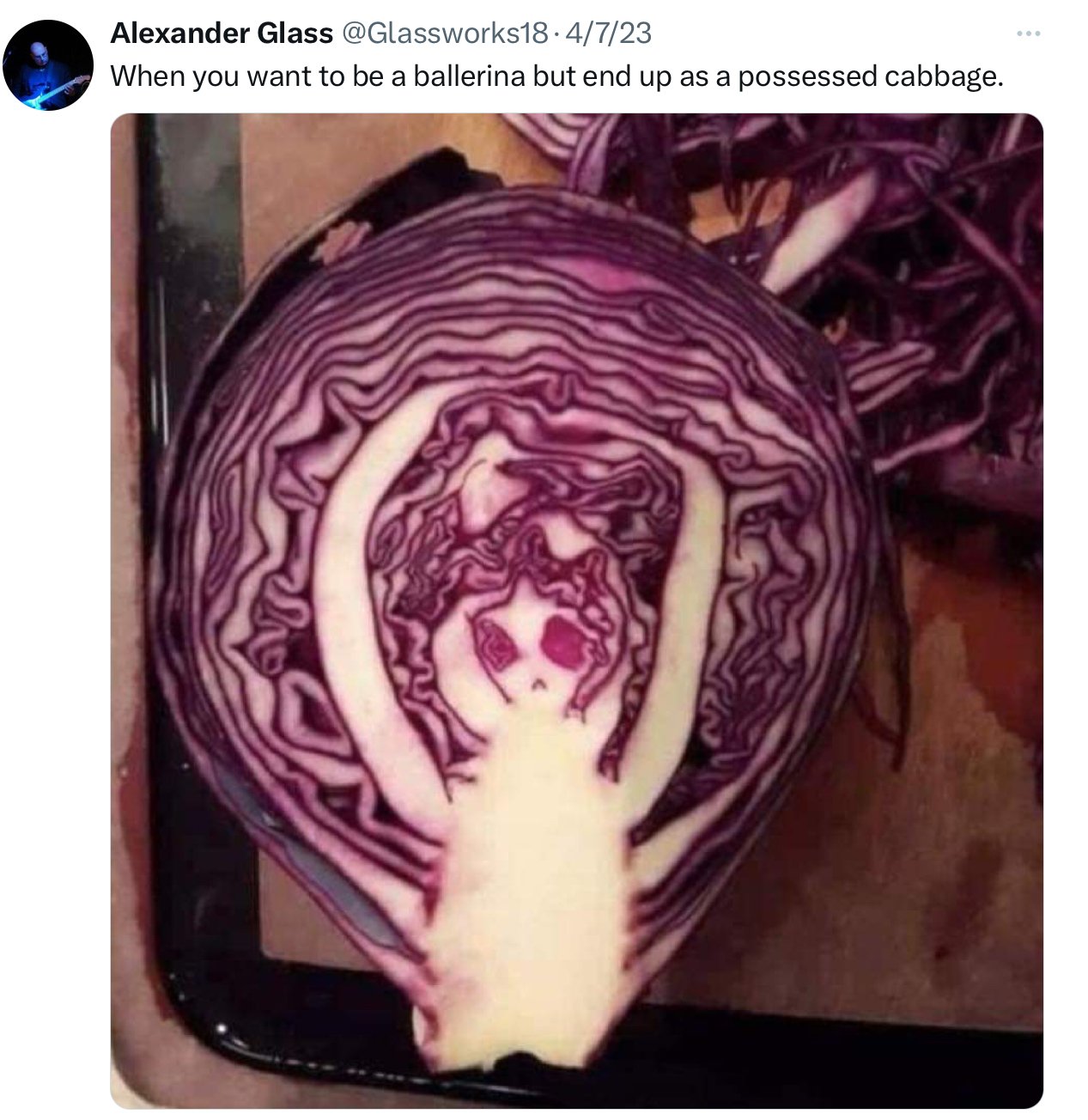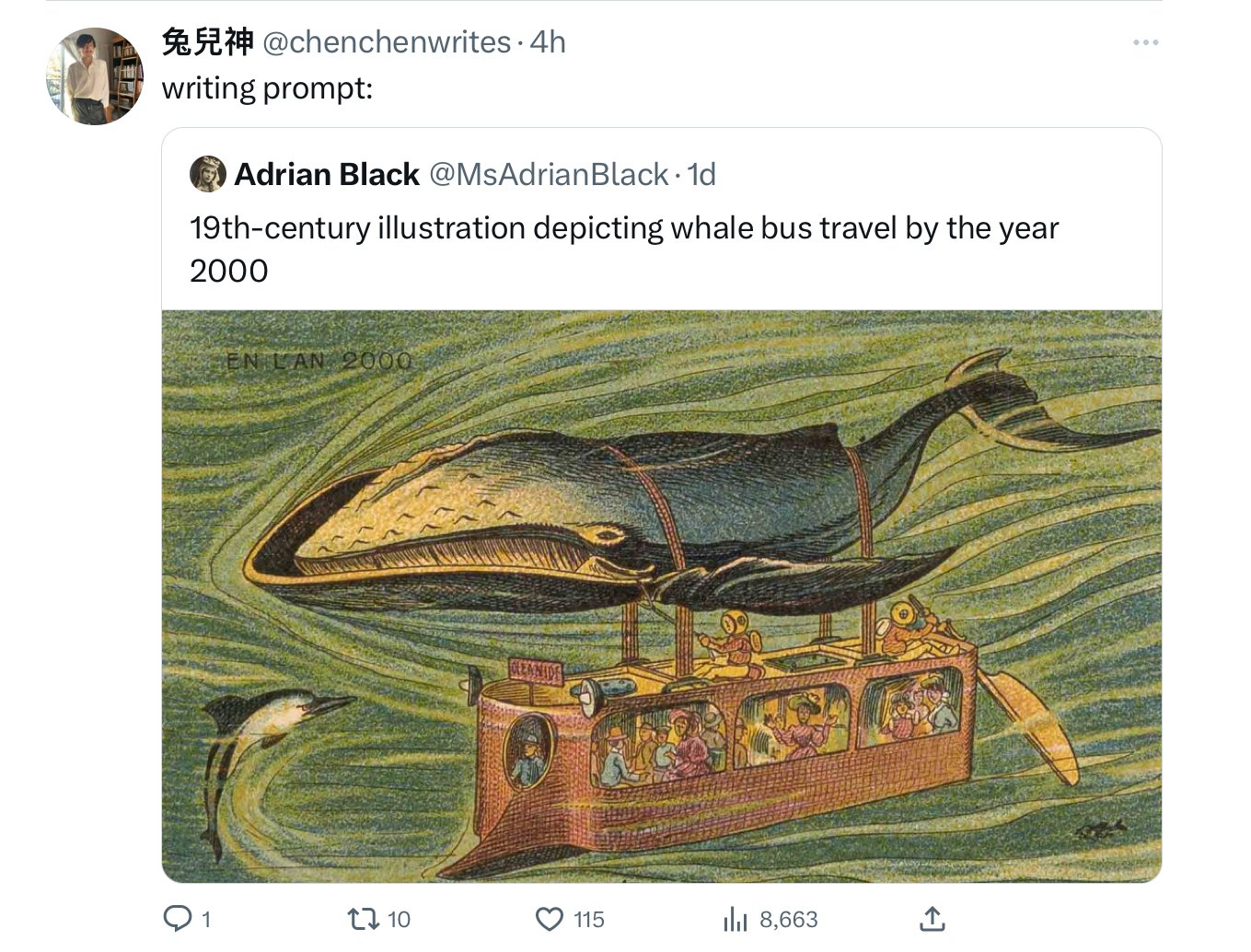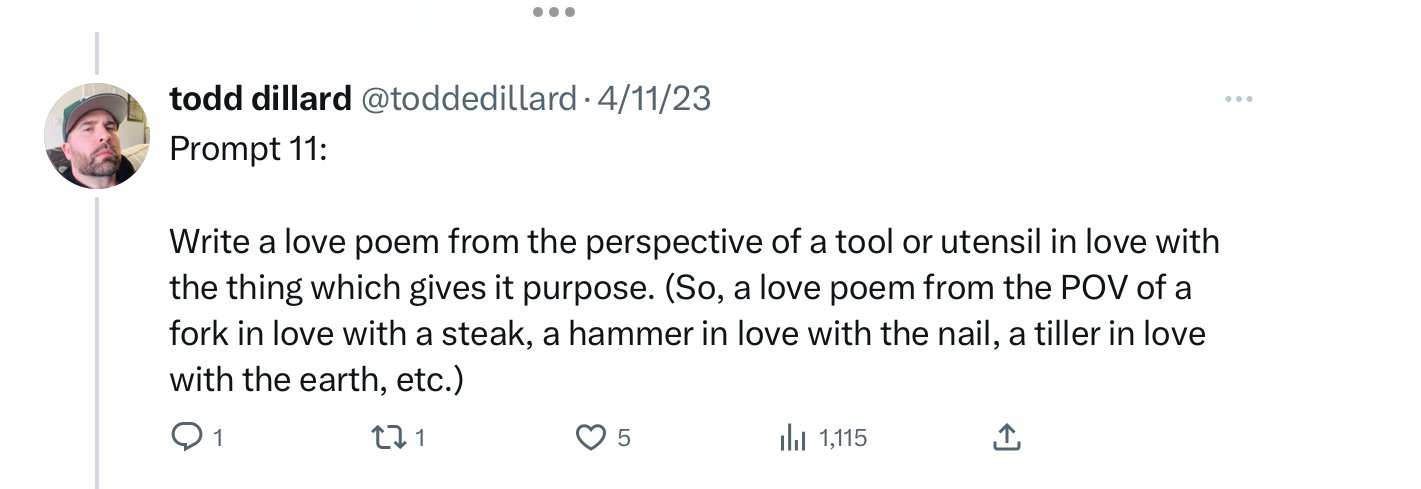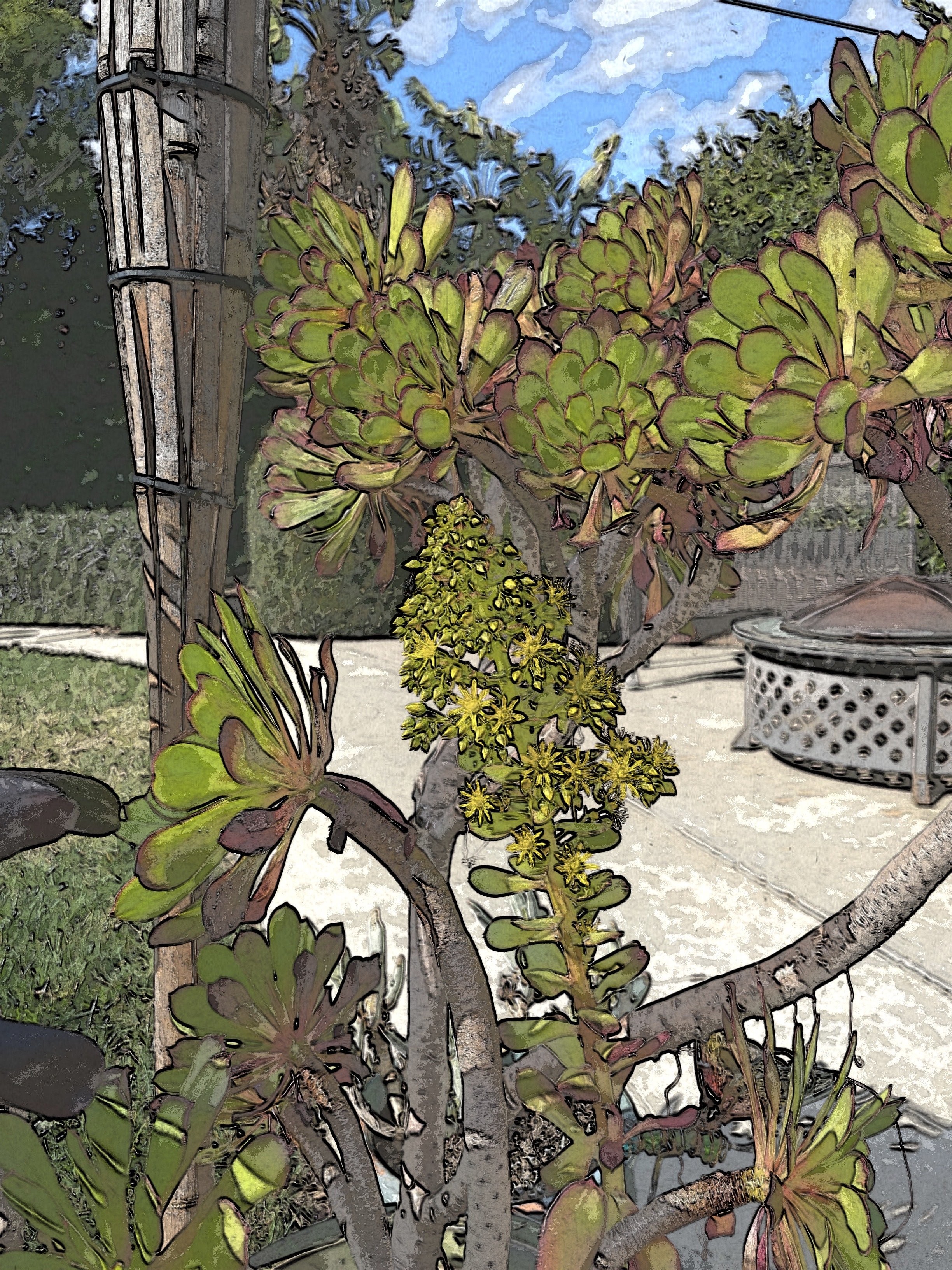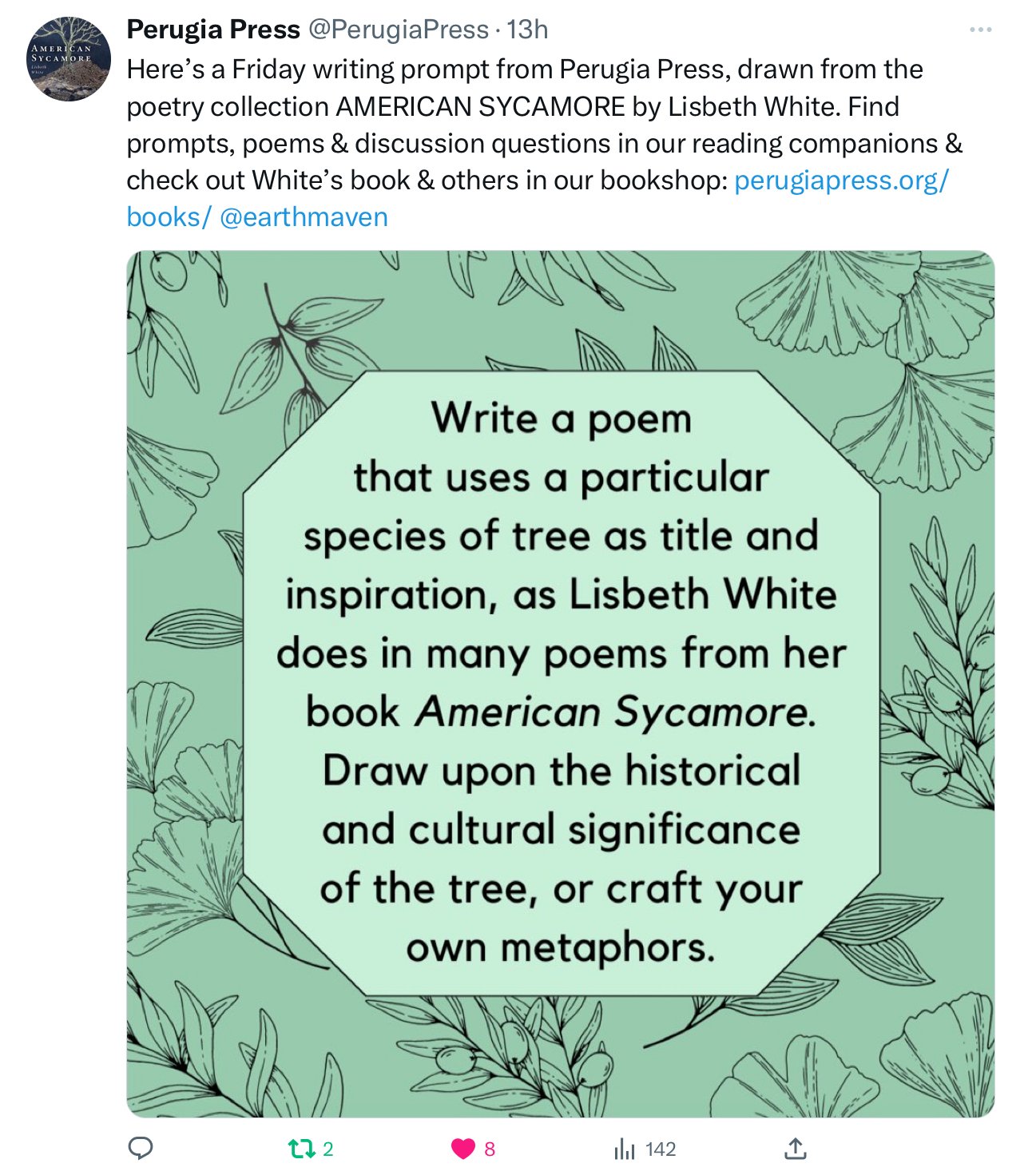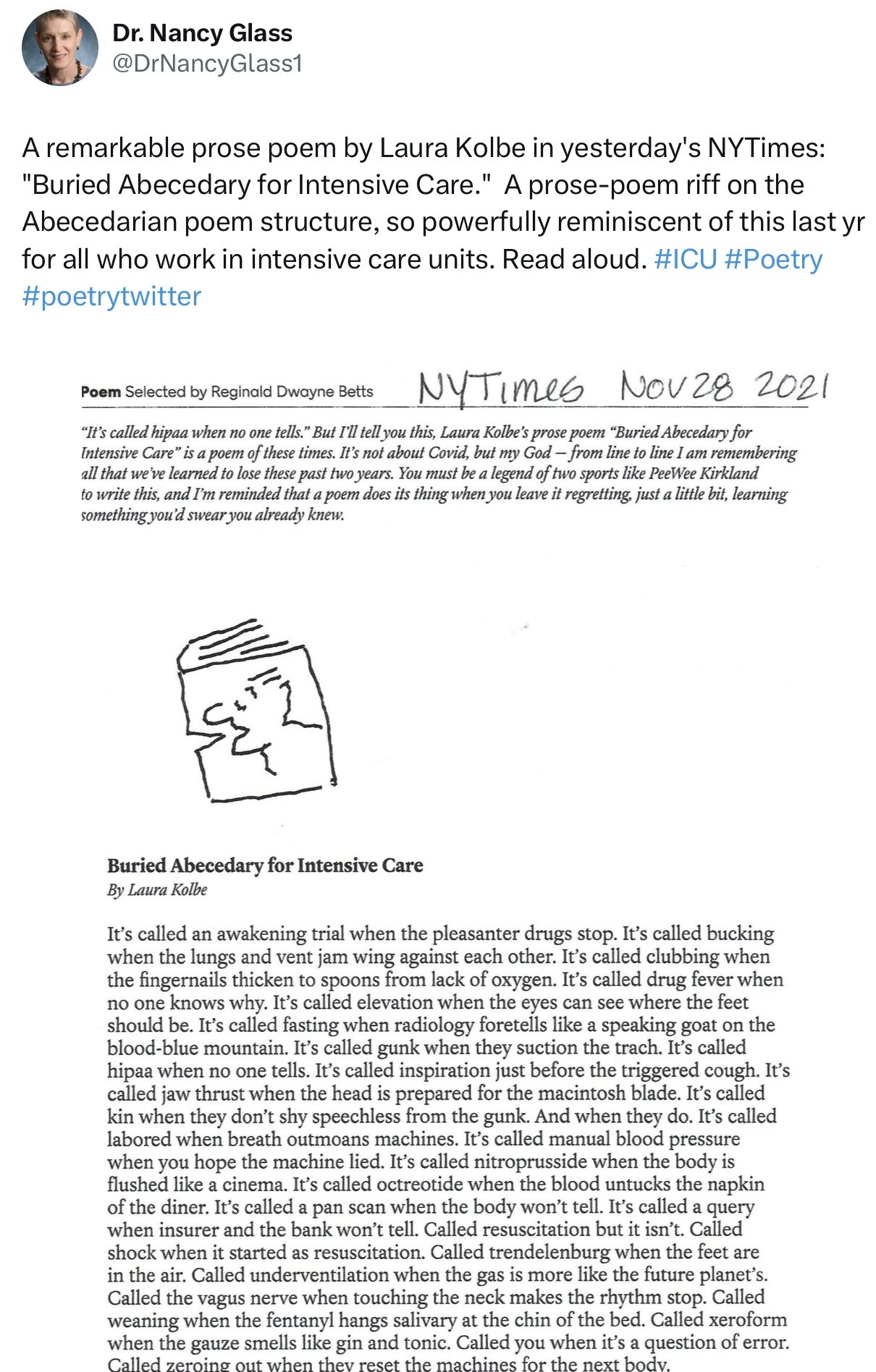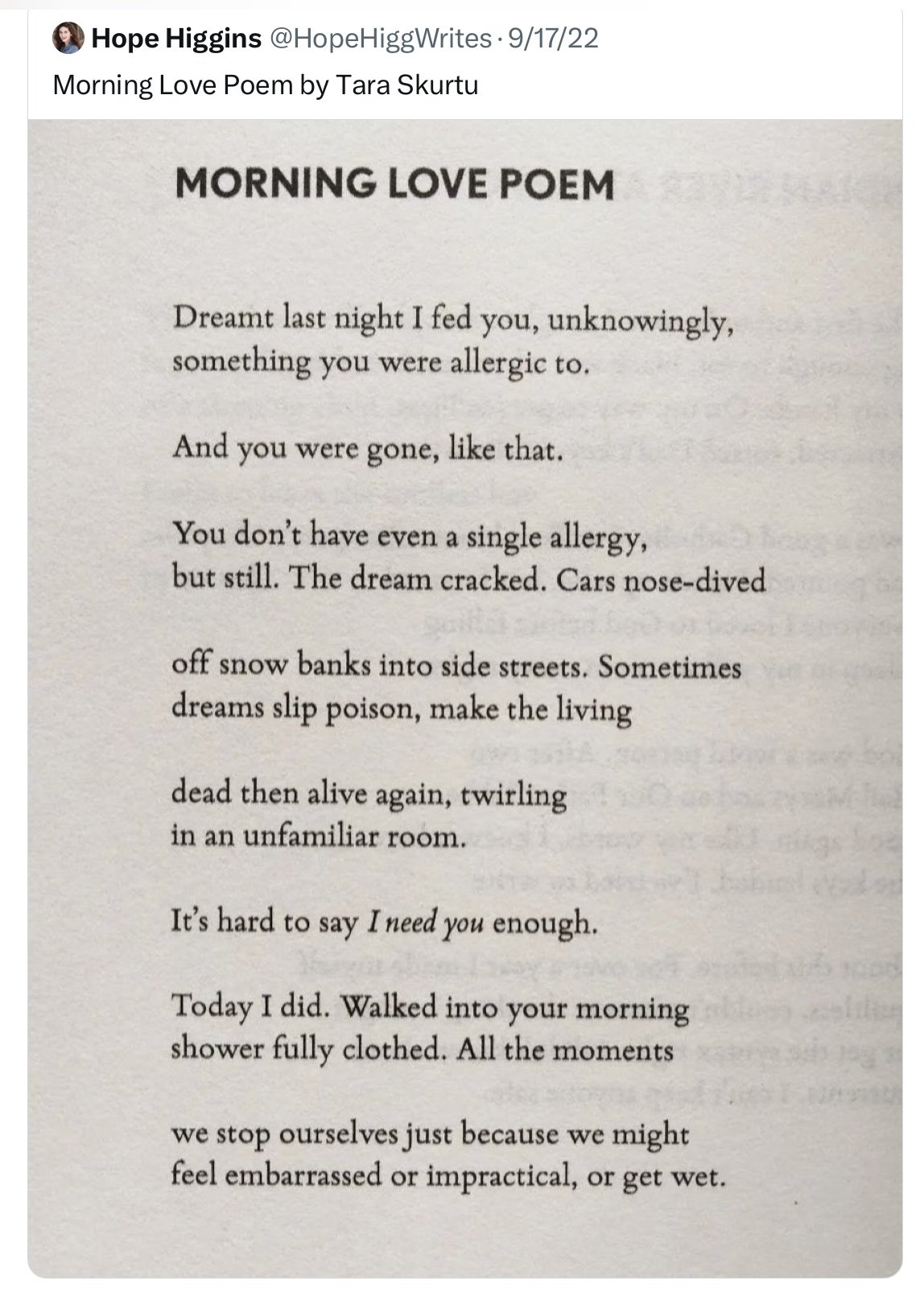Hi all, I’ve started a blog post with prompts but wanted to include a friend’s artwork. My photos of the pictures didn’t turn out, so she will send me the original photos and I will have another blog post coming soon.
So instead I wanted to share a spreadsheet of contests and submission deadlines that Jason B. Crawford kindly posted.
I so appreciate their generosity. Check out their website if you would like to read their poetry, which I cannot recommend enough. My God, “Ode to the Soil” is amazing.
For the first prompt, write an ode to something normally considered mundane or unlovely. Surprise yourself (and your readers) by viewing the subject with a new lens.
The next prompt is to use “But you, you greet every body like a new / meal” as a ghostline, but have the “you” be something other than the soil or a grave or anything associated with death. Remember to erase the line and credit the poet.
For the third prompt, describe in a poem or story what you (or a character) would make if you/the character pushed out all the sorrow from within.
The final prompt is address a poem to a historical figure beginning or ending with the line “All this to say, I am jealous of your lack of / remorse.” Remember to use quotation marks around or italicize the line and give credit to the poet.
Good luck submitting! Have fun writing!






